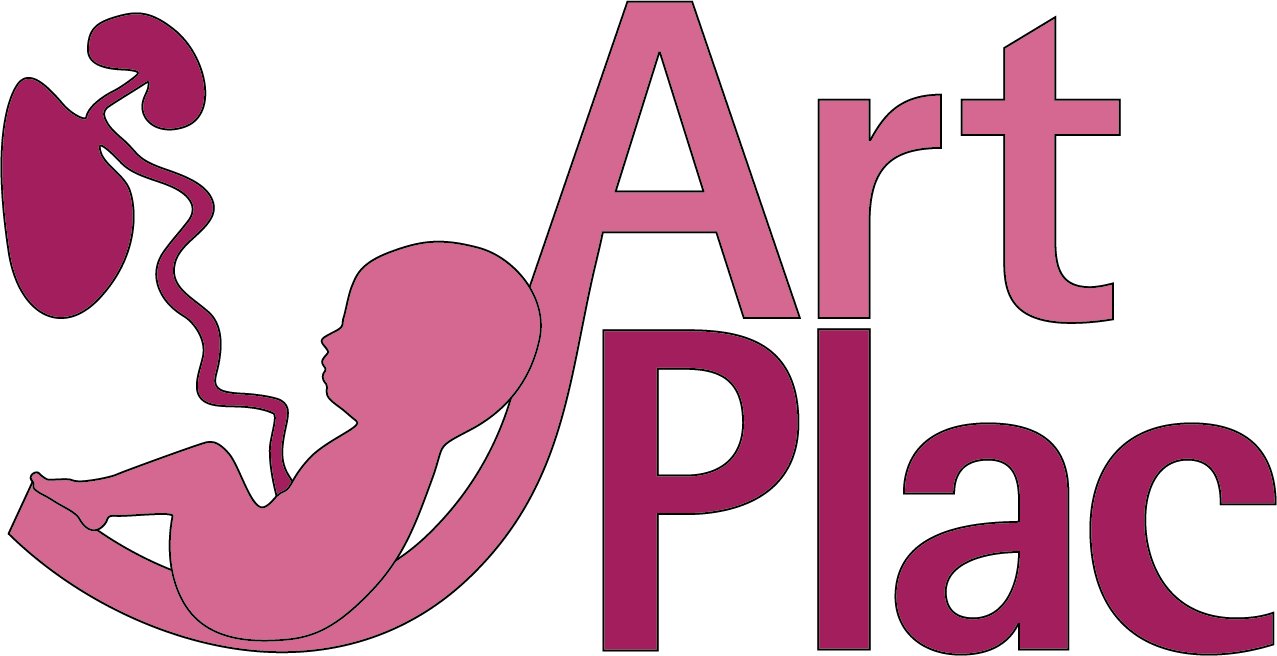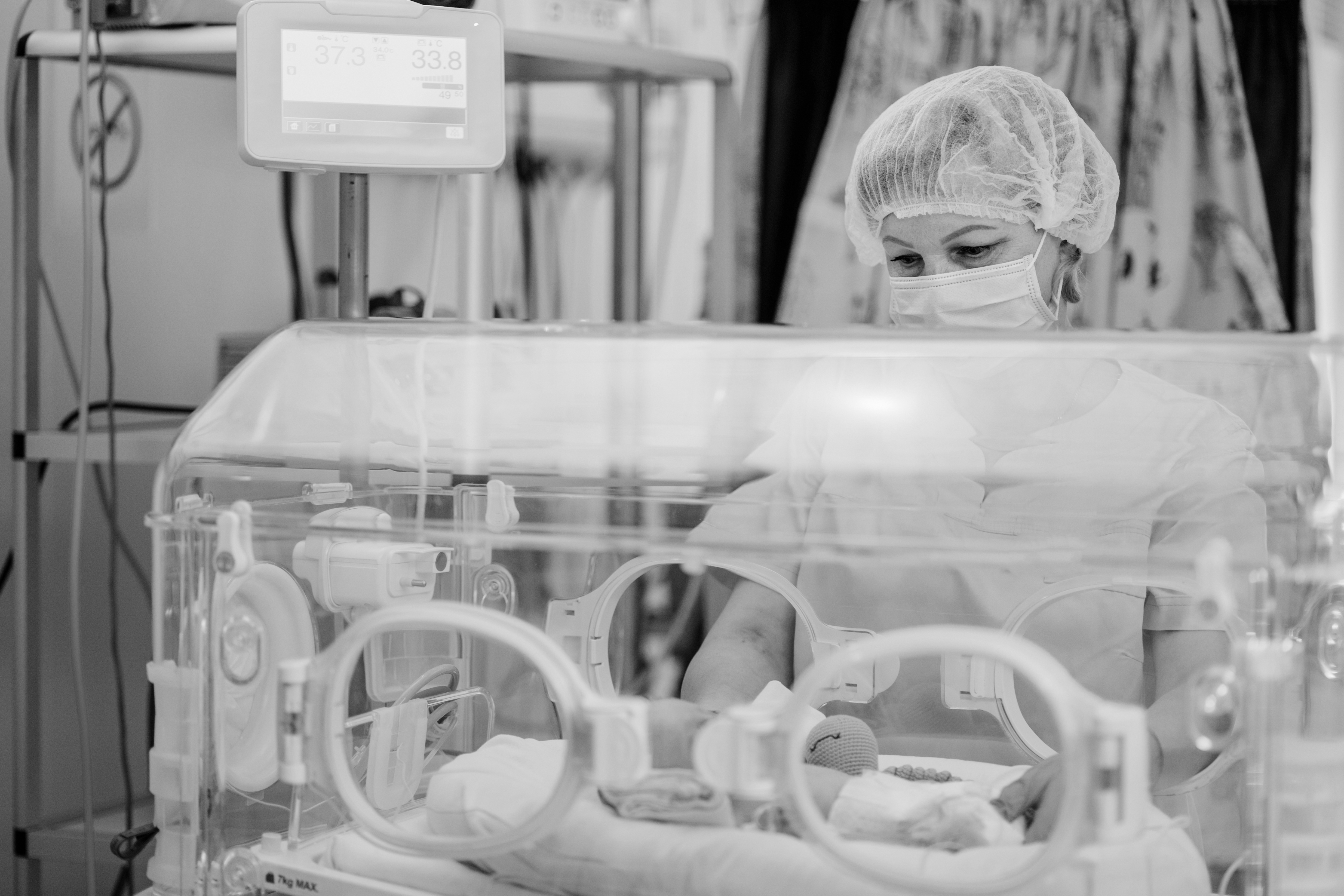Fraunhofer IBMT Partner in the EU Project "ArtPlac"
Development of a miniaturized lung and kidney support device for critically ill newborns
The EU project "ArtPlac" is a preclinical research project to develop an innovative technology for medical treatments in neonatal intensive care. The project involves an international research team of physicians and engineers, supported by an organization representing the interests of premature and newborn babies and their families. The Fraunhofer Institute for Biomedical Engineering IBMT is contributing its many years of expertise in the development of microfluidic systems and sensor development and integration to the project. The aim of the project is to develop a combined lung and kidney support device for connection to the umbilical vessels. The Fraunhofer IBMT is developing the sensor concept for monitoring important parameters of the blood flow and the dialysate, such as blood gases and electrolytes. Based on the multi-parametric sensor technology, the settings of the lung and kidney support device can be adjusted by medical professionals depending on the situation. Compared to the therapies currently in use, the new device enables a less invasive approach, which reduces the risk and medical burden for the newborn.


Despite technological and medical advances, around 2 million newborns die worldwide each year, most because of fatal lung failure, which in some cases is also associated with kidney failure. Many of these deaths are due to limitations in the use of invasive mechanical ventilators, artificial lungs and kidneys. The latter were originally developed for adults and downgraded for neonatal care, but do not meet the needs of newborns as they are very invasive. These stressful treatments separate babies and families for long periods of time and often fail to prevent death. In addition, around 15% of children (3,000 out of 20,000 worldwide) who receive organ replacements suffer from severe side effects and are unable to live independently afterwards, requiring multiple hospitalizations throughout their lives. Finally, not all newborns have access to these therapies, as organ replacement procedures such as artificial lungs have strict inclusion criteria and require highly qualified staff in a well-equipped hospital to perform them. Therefore, this application is currently limited to only 20,000 newborns per year worldwide.
Innovative technologies for the treatment of premature and newborn infants
The "ArtPlac"project aims to provide innovative technologies for the treatment of premature and newborn infants, thereby making an important contribution to the achievement of the global Sustainable Development Goal "Good Health and Well-being", which aims to promote healthy lives, promote well-being and reduce lifelong morbidity for all people of all ages. "ArtPlac" focuses in particular on reducing avoidable deaths among newborns.
The "ArtPlac" project coordinated by the Klinikum Nürnberg is being funded with a total of EUR 3.57 million from the European Union's "Horizon 2020" framework program for research and innovation.
Project Facts:
Complete name: "ArtPlac- Miniaturized Integrated Lung and Kidney Support for Critically Ill Newborns"
Starting date: 01.04.2023
Duration: 48 months
Budget: 3.57 Mio. Euro
Coordinator: Klinikum Nürnberg, PD Dr. med. Niels Rochow and Prof. Dr. med. Christoph Fusch
Website: www.artplac.eu
Project partners:
Klinikum Nürnberg (DE)
University of Twente (NL)
Kungliga Tekniska Hoegskolan (SE)
EFCNI European Foundation for the Care of Newborn Infants (DE)
Deutsches Herzzentrum München (DE)
Maastricht University (NL)
Fraunhofer-Institut für Biomedizinische Technik IBMT (DE)
MAQUET Cardiopulmonary GmbH (DE)
Arrotek Medical Ltd (IRL)
McMaster University (CDN)